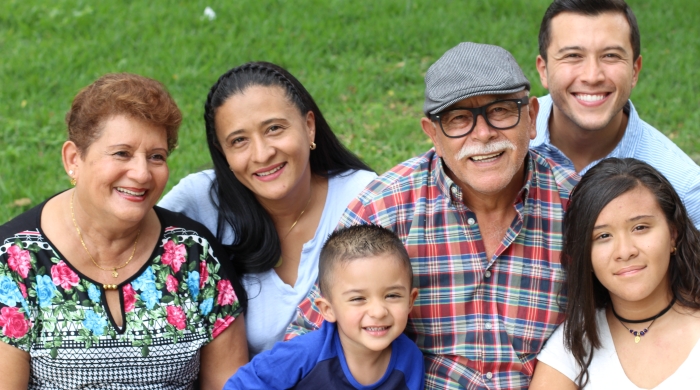Kentucky Collaborative For Families and Schools
The Kentucky Statewide Family Engagement Center (SFEC) was created in 2018 by a grant from the U.S. Department of Education to create an integrated and systematic model of transformational family engagement across the state of Kentucky. The NYU Metro Center was contracted by the Prichard Committee for Academic Excellence, the lead grantee for the Kentucky Statewide Family Engagement Center, otherwise known as the “Kentucky Collaborative for Families and Schools” to lead the research and evaluation.
The Prichard Committee is a nationally recognized, independent, non-partisan citizen’s advocacy organization based in central Kentucky. The Prichard Committee has operated the Commonwealth Institute for Parent Leadership (CIPL) for a little over 25 years, which builds families’ knowledge, skills, and power related to improving public education.
Joining the Prichard Committee are four regional partner organizations that each offer a variety of programming and services for children, young people, and families throughout their regions:
- Learning Grove, located in Northern Kentucky, primarily serves Emergent Bilingual Latinx families.
- Partners for Rural Impact (formally known as Partners for Education), located in the Appalachian region, primarily serves rural families.
- The National Center for Families Learning (NCFL), located in Louisville/Southeastern region, primarily serves urban families in its workscope for this grant.
- Daviess County Public Schools
The Kentucky Department of Education serves as a statewide agency/policy lever.
Final Research and Evaluation Findings
Kentucky Collaborative Research Study: Executive Summary of Final Research Report
Summarization of research, key points, and recommendations culminating 3 years of research on the statewide impact of the Kentucky Collaborative.
Kentucky Collaborative Research Study: Kentucky Collaborative Final Research Report
In this report, we present the "Equitable Collaboration for Transformational Family Engagement" framework, in which we describe key ingredients and impacts of the KY Collaborative.
Kentucky Collaborative Research Study: Kentucky Collaborative Final Evaluation Report
In this report, we share data that answers each of our original research questions. Findings relate to the extent to which and how the KY Collaborative improved staff and family capacity for partnership, how families experienced KY Collaborative programming, and the statewide impact of the Collaborative.
Kentucky Collaborative Research Study: AMPED Case Study Year 3
This case study offers a unique insight into the ways community-based centers can serve as a catalyst of social change and family engagement.
Kentucky Collaborative Research Study: Berea Community School Case Study: Year 3
This case study tracks the successes and challenges of family engagement and ongoing equity efforts at a rural community school.
Year 2 Research and Evaluation Findings
Report: Year 2 Findings of the Kentucky Collaborative
In this brief, we share key findings from the second year of a 3-year research project on family engagement throughout Kentucky.
Survey Findings (Year 2 Findings of Kentucky Collaborative)
This brief report highlights survey research showing how family engagement practices are changing as the result of the SFEC.
AMPED Case Study: Year 2
This case study offers a unique insight into the ways community-based centers can serve as a catalyst of social change and family engagement.
Berea Community School Case Study: Year 2
This case study tracks the successes and challenges of family engagement and ongoing equity efforts at a rural community school.
Boone County Case Study: Year 2
This case study focuses on the “ripple effects” of a cohort of the bilingual adaptation of the Commonwealth Institute for Parent Leadership (CIPL) aimed at Spanish-speaking parents:















